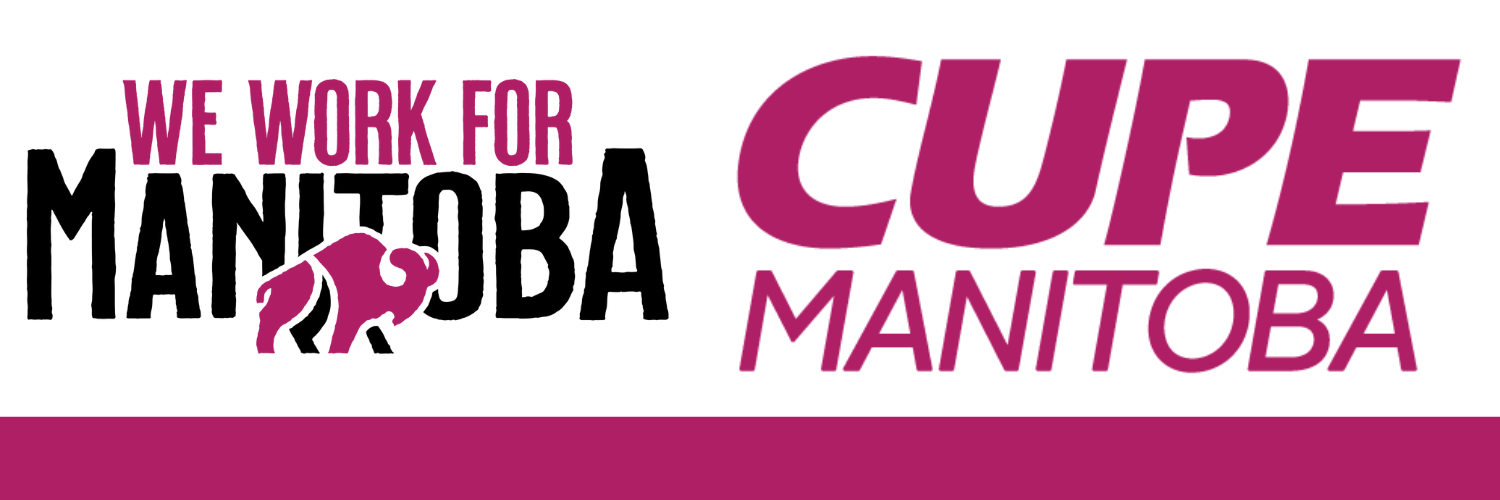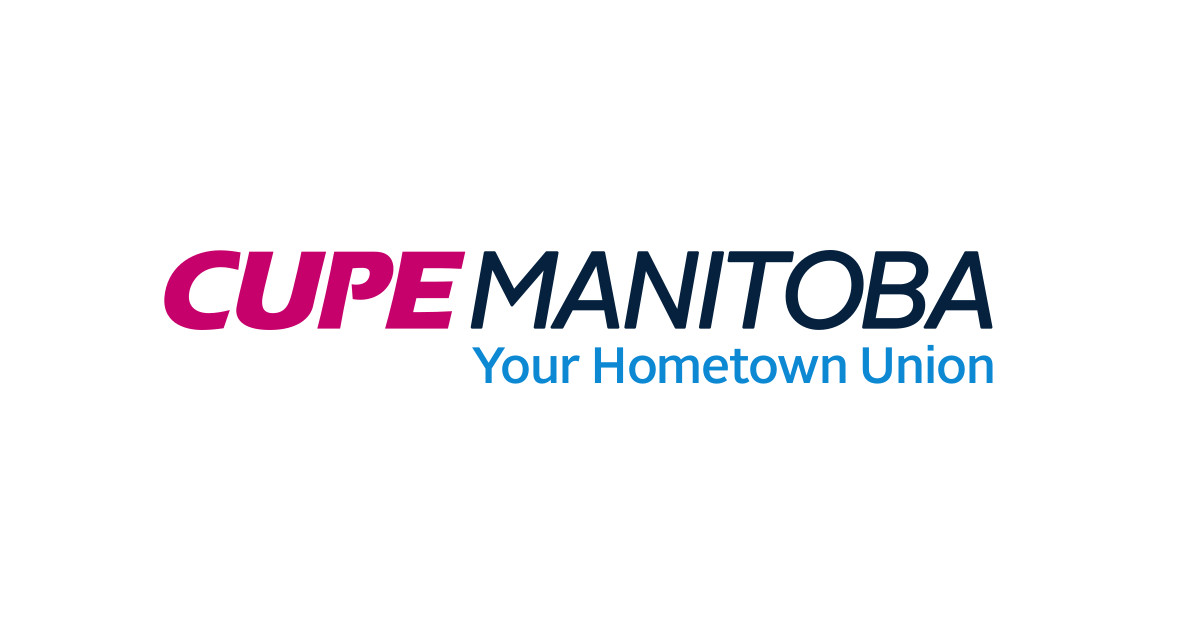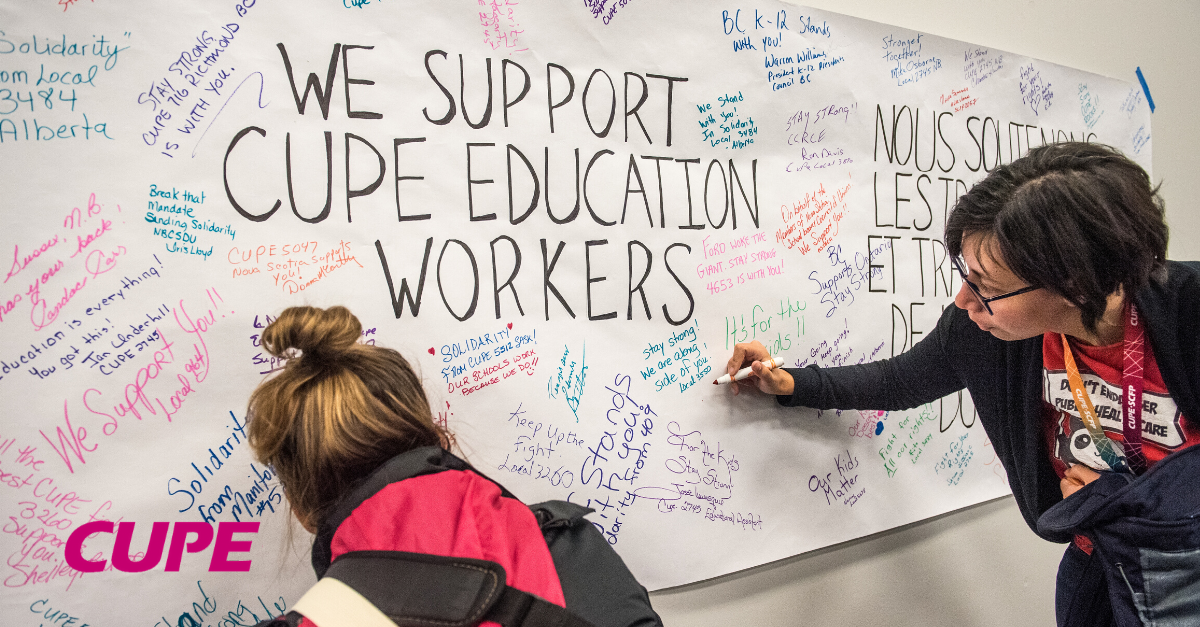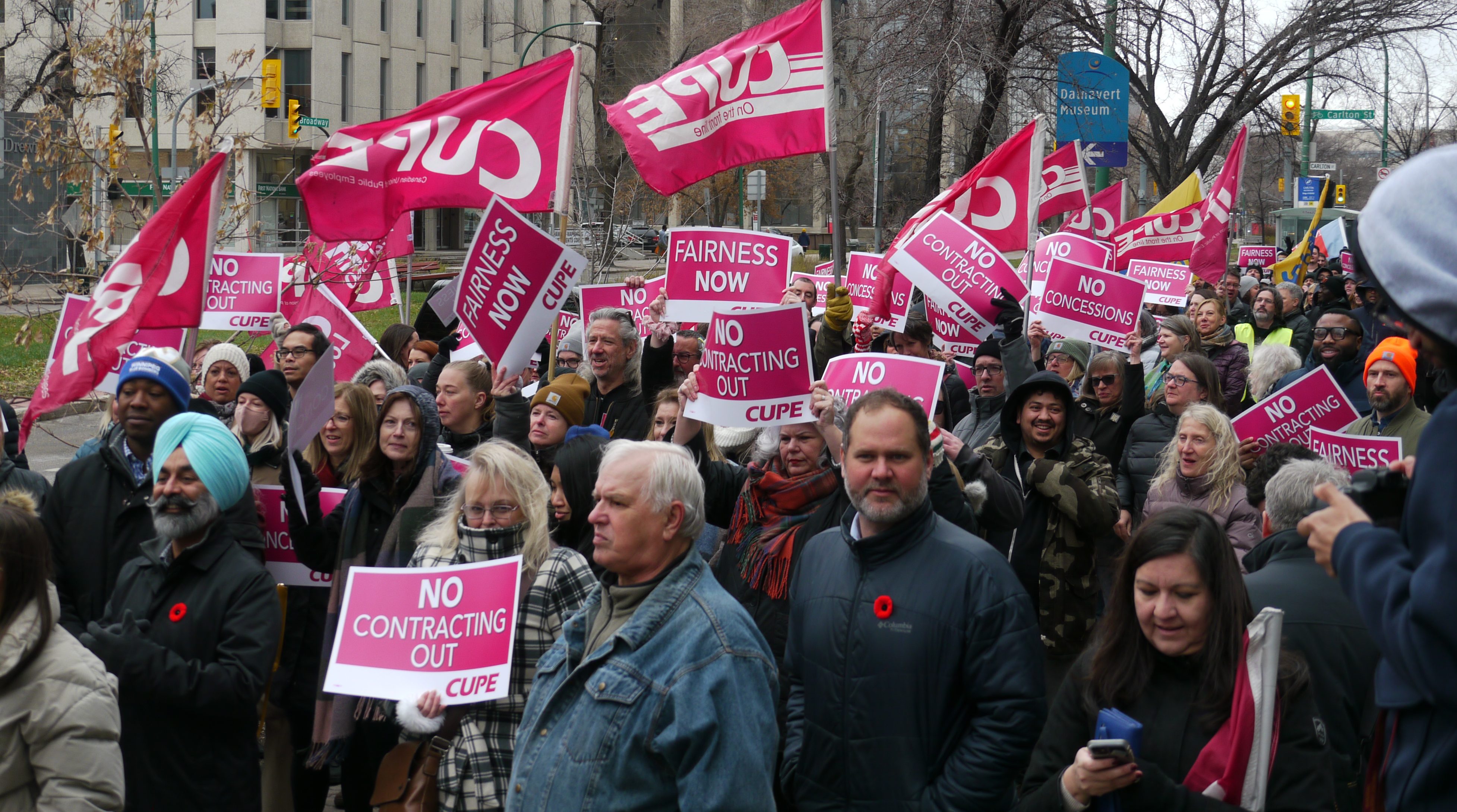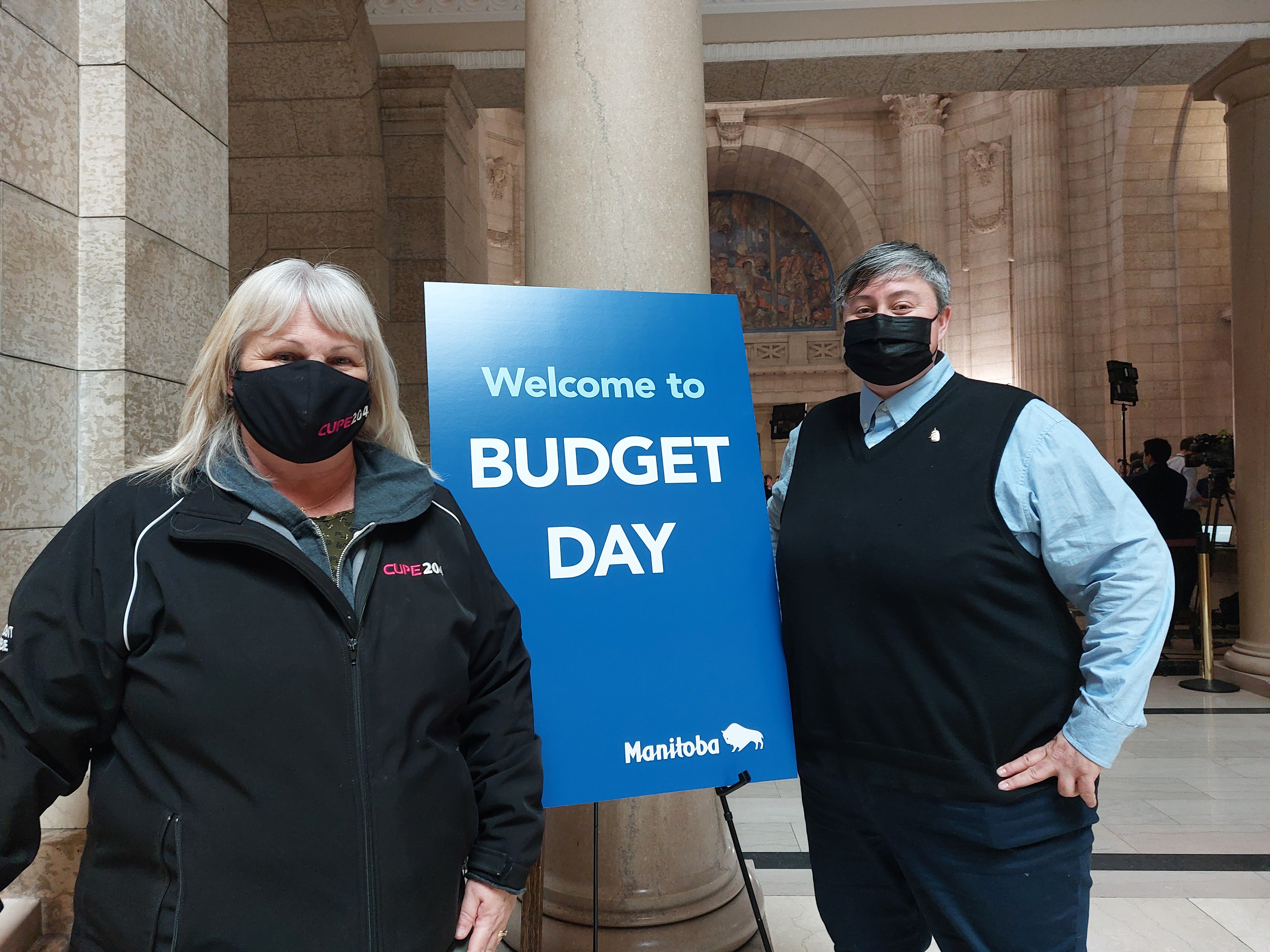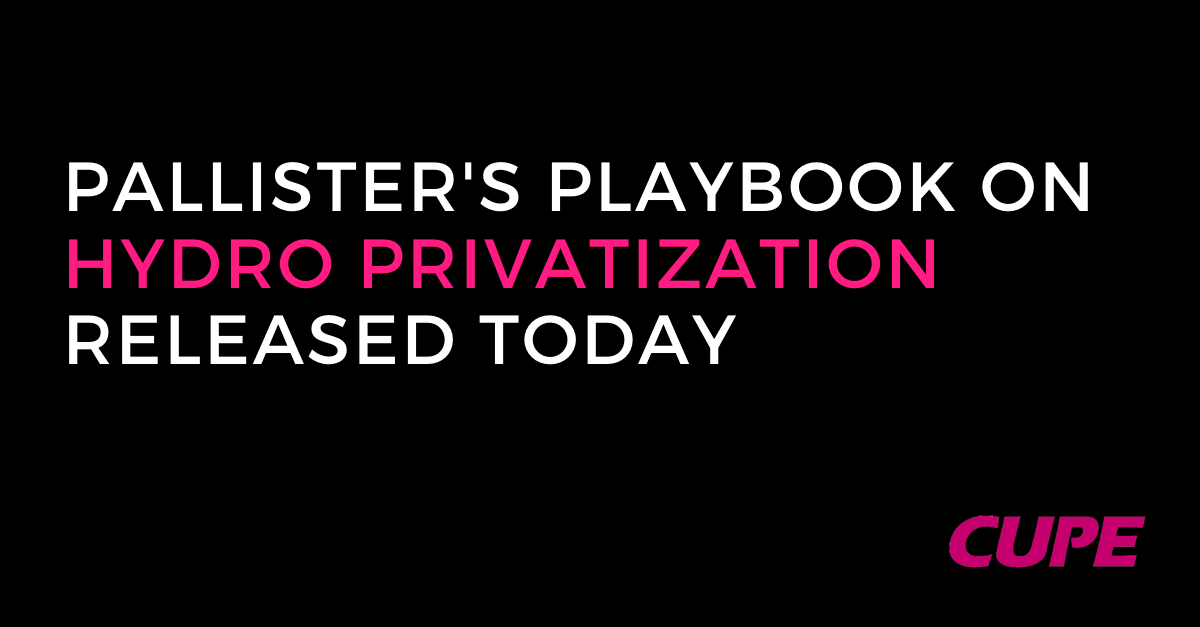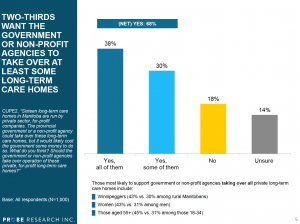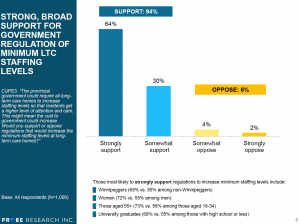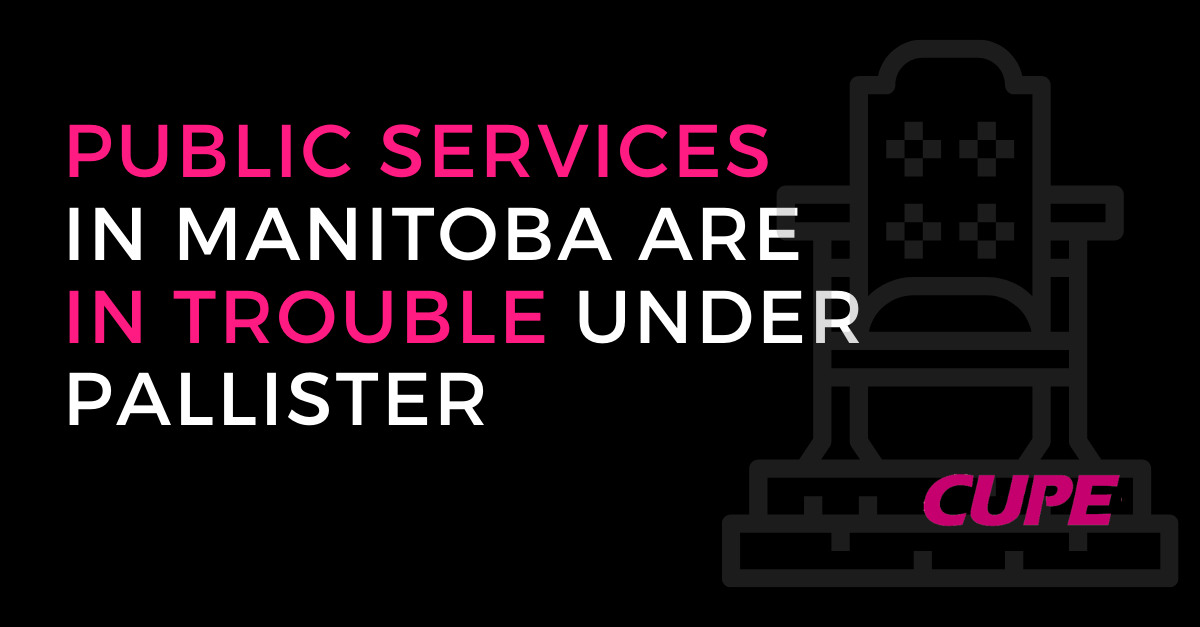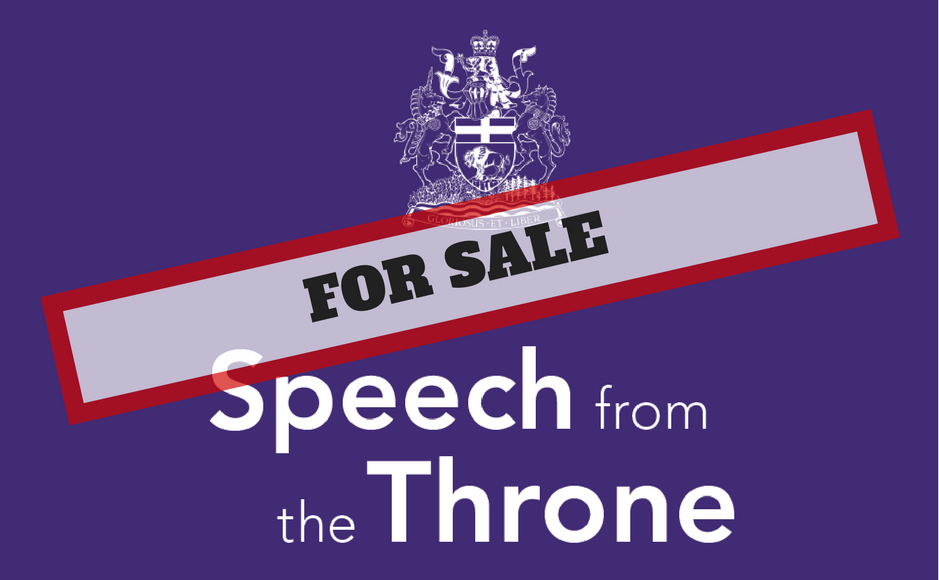WINNIPEG – The Manitoba Progressive Conservative government is moving ahead with their plan to build new schools using an unaccountable, costly, and problematic model, says CUPE Manitoba.
“The Stefanson Government is making a big mistake by building nine new schools under the public-private partnership (P3) model,” said Gina McKay, President of CUPE Manitoba. “P3 schools are less accountable to the public, cost more, and often have restrictive rules over what teachers and staff can do in the classroom.”
The Manitoba government cites Saskatchewan as being evidence of the benefits of P3 schools, but the actual evidence proves otherwise.
In Regina, teachers weren’t allowed to decorate classrooms or open windows in P3 schools, while the Leader Post reported that Saskatchewan is spending four times more per school for maintenance on their P3 schools.
In Nova Scotia the government has had to “buy back” their P3 schools because it was too expensive to keep the lease, while in New Brunswick the Auditor General found that the P3 school process was not transparent and did not prove that P3 schools were cheaper.
P3 schools have also had restrictions on what can be done in the classroom because the private partner did not want to incur costs, something Manitoba Consumer Protection and Government Services Minister James Teitsma has recognized, indicating that chemistry teachers might not be permitted to fully teach the curriculum out of fears that science experiments might “unfairly” cost the private partner more.
“P3 schools cost taxpayers more, so private companies can take a cut of profit from our public school divisions,” said McKay. “The PC’s underfunding of Manitoba schools has already led to problems, and now they want more education funding going to private, for-profit companies rather than into our classrooms.”
When first elected, the Progressive Conservative government’s first order of business was to scrap P3 Accountability Legislation in Manitoba, paving the way for unaccountable P3s in our schools.
When the PC government first tried to introduce P3 schools to Manitoba, they found that it was actually cheaper and faster to build schools the way they have always been built.
In a cynical move today, the PCs set the deadline for their Request for Qualifications as October 4, the day after the Manitoba provincial election.
“The PCs know that P3 schools are controversial and have problems across Canada, yet they are still trying to bind Manitobans into a bad deal,” said McKay. “October 3 is election day, and if Manitobans want to stop Stefanson’s unaccountable P3 agenda, then use your voice at the ballot box to vote them out.”
The Canadian Union of Public Employees is Canada’s largest union representing more than 715,000 members. In Manitoba, CUPE represents approximately 37,000 members working in health care facilities, personal care homes, home care, school divisions, municipal services, social services, child care centres, public utilities, libraries, and family emergency services.
